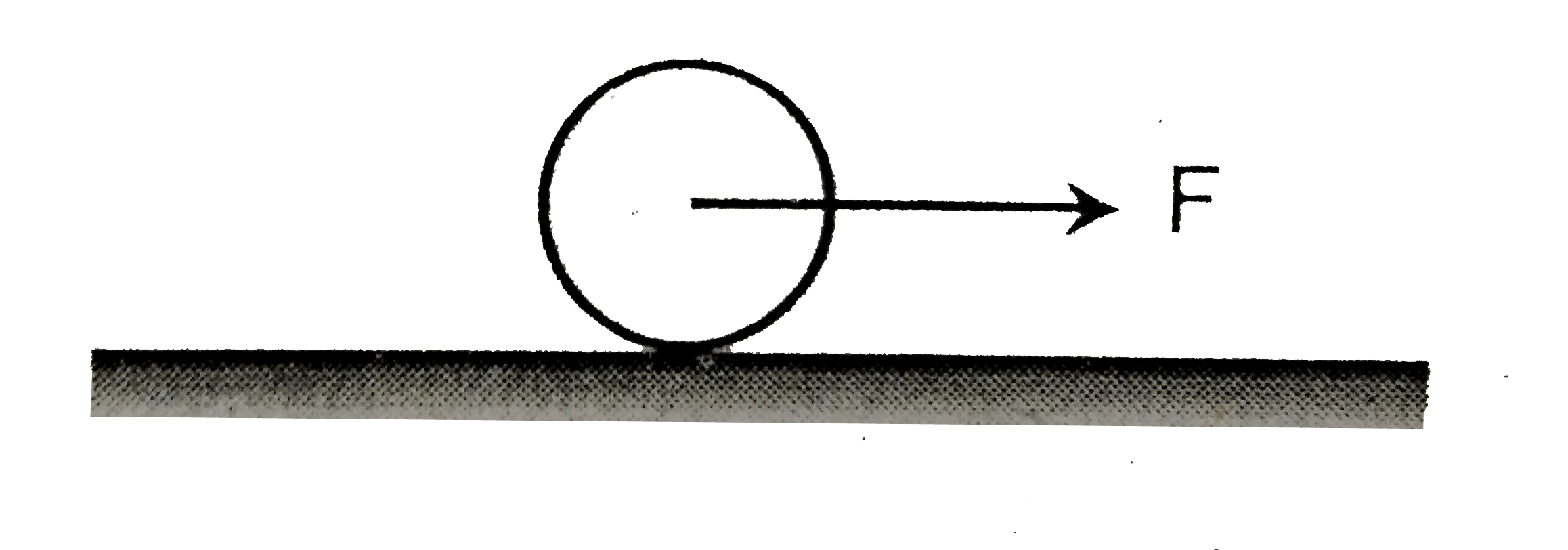A multinational company outside tried to sell new varieties of turmeric without proper patent rights. What is such an act referred to ?
Step-by-Step Solution:
1. Understanding the Context: The question refers to a multinational company attempting to sell a new variety of turmeric without having the proper patent rights. This indicates a violation of intellectual property rights.
2. Defining Key Terms: It is essential to understand what patent rights are. Patent rights are legal protections granted to inventors or creators that give them exclusive rights to use, sell, or license their invention for a certain period.
3. Identifying the Act: The act of a company exploiting traditional knowledge or biodiversity from developing countries without proper authorization or compensation is a significant concern. This is particularly relevant in the context of traditional practices and indigenous knowledge.
4. Introducing the Concept of Biopiracy: The term that describes this act is "biopiracy." Biopiracy refers to the unauthorized use of biological resources and traditional knowledge by companies or individuals, often from developed countries, without compensating the local communities or indigenous people who have historically used these resources.
5. Implications of Biopiracy: If a company successfully patents a product derived from traditional knowledge, they can restrict others from using that product, leading to economic and cultural loss for the indigenous communities.
6. Legal Framework: To combat biopiracy, countries like India have enacted laws, such as the Indian Patents Bill, which includes provisions to protect traditional knowledge and biodiversity. This legislation aims to prevent unauthorized patenting of resources that belong to local communities.
7. Conclusion: Therefore, the act of the multinational company trying to sell new varieties of turmeric without proper patent rights can be referred to as "biopiracy."
---
Topper's Solved these Questions
- BOOK - XII BOARD PREVIOUS YEAR PAPER ENGLISHCHAPTER - XII BOARDSEXERCISE - SET - I SECTION C14videos
XII BOARDS
- BOOK - XII BOARD PREVIOUS YEAR PAPER ENGLISHCHAPTER - XII BOARDSEXERCISE - SET - I SECTION D8videos
XII BOARDS
- BOOK - XII BOARD PREVIOUS YEAR PAPER ENGLISHCHAPTER - XII BOARDSEXERCISE - [OUTSIDE DELHI : SET-III] SECTION - C10videos
XII BOARDS
- BOOK - XII BOARD PREVIOUS YEAR PAPER ENGLISHCHAPTER - SAMPLE PAPER 2019EXERCISE - Section E Part B3videos
SAMPLE PAPER 2019
Similar Questions
Use of bio-resources by multinational companies and other organisations without proper authorisation from the countries and people concerned without compensatory payment is termed as
View SolutionThe use of bioresources by multinational companies and other organisations without proper authorisation from the countries and people concerced without compensatory payment is called :
View Solution
Knowledge Check
- Question 1 - Select One
Use of bio-resources by multinational companies and other organisations without proper authorisation from the countries and people concerned without compensatory payment is termed as
Aresource partitioningBbiopiracyCpatentingDbiofortification - Question 2 - Select One
Read the passage given and answer the questions that follow -
Rowlatt Acts, (February 1919), legislation approved by the Imperial Legislative Council, the legislature of British India. The Acts permitted certain political cases to be tried without juries and permitted internment of suspects without trial. Their object was to replace the wartime Defence of India Act (1915) with a permanent law. They were grounded on the report of Justice S.A.T. Rowlatt's committee of 1918. An aroused Indian public much resented the Rowlatt Acts. All non-official Indian council members (i.e., those who were not bureaucrats in the colonial government) voted in contradiction of the Acts. Mahatma Gandhi organized a protest movement that directed straight to the Massacre of Amritsar (April 1919) and subsequently to his Non-Cooperation Movement (1920-22). As a result, the Acts were never actually implemented.
What was the massacre at Amritsar?ARowlatt ActBJallianwala Bagh MassacreCSwadeshi MovementDNone of these
Which variety of rice, American company got patent rights through the US patent and Trade mark of Rice?
View SolutionThe use of bio-resources by multinational companies & other organisations without proper authorisation from the countries & people concerned, is known as-
View SolutionA multinational company (XYZ) marked a medicine extracted from medicinal herbs grown in the sprawling fields in a foreign country. This herb is found only in our country and no compensation was paid or permission taken from relevant authority.
(a) What is the term used to refer to such an act committed by the multinational company? (b) Justify the meaning of the term. (c) What has our government done to prevent such deeds?View SolutionThe Indian Government refuted the attempt by a multinational company (MNC) to patent the antiseptic property of curcumin derived from Turmeric. Analyze the unethical practice adopted by the MNC, state its implications and suggest provisions in the Indian Law to prevent such malpractices.
View Solution
A uniform solid cylinder having mass M and radius R is pulled by a horiozntal force F acting through the center as shown. The cylinder rolls to the right without slipping. What is the magnitude of the force of friction between the cylinder and the ground?View SolutionSudha finds out that the sharp image of the window pane of her science laboratory is formed at a distance of 15cm from the lens. She now tries to focus the building visible to her outside the window instead of the window pane without disturbing the lens. In which direction will she move the screen to obtain a sharp image of the building ? What is the approximate focal length of this lens ?
View Solution

